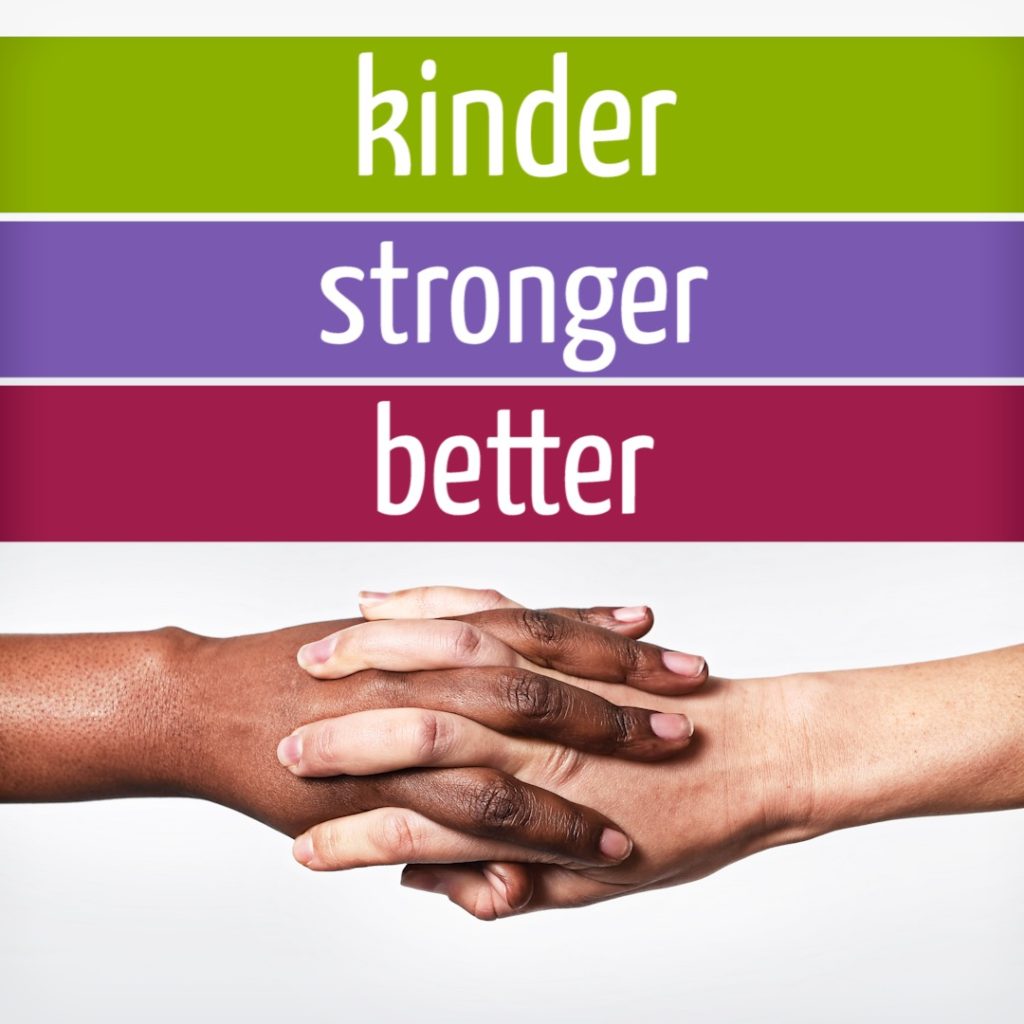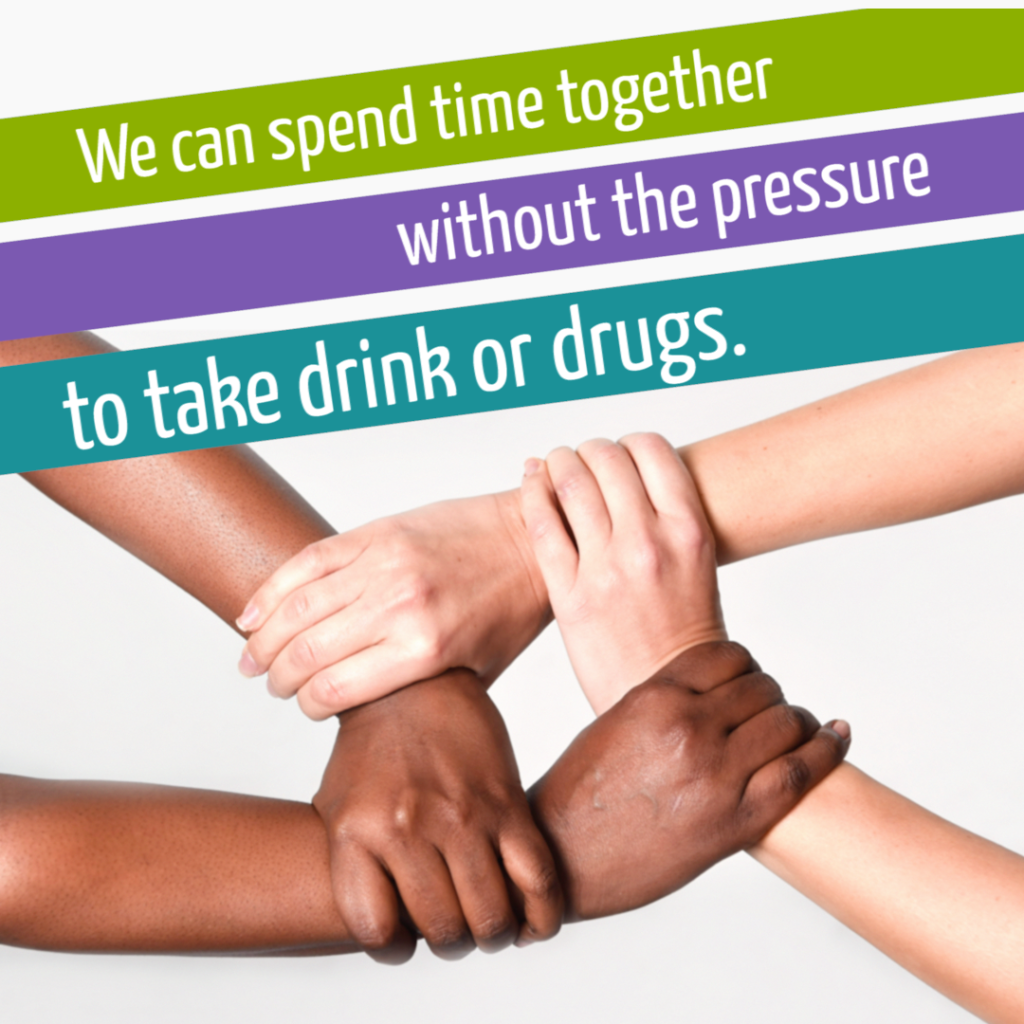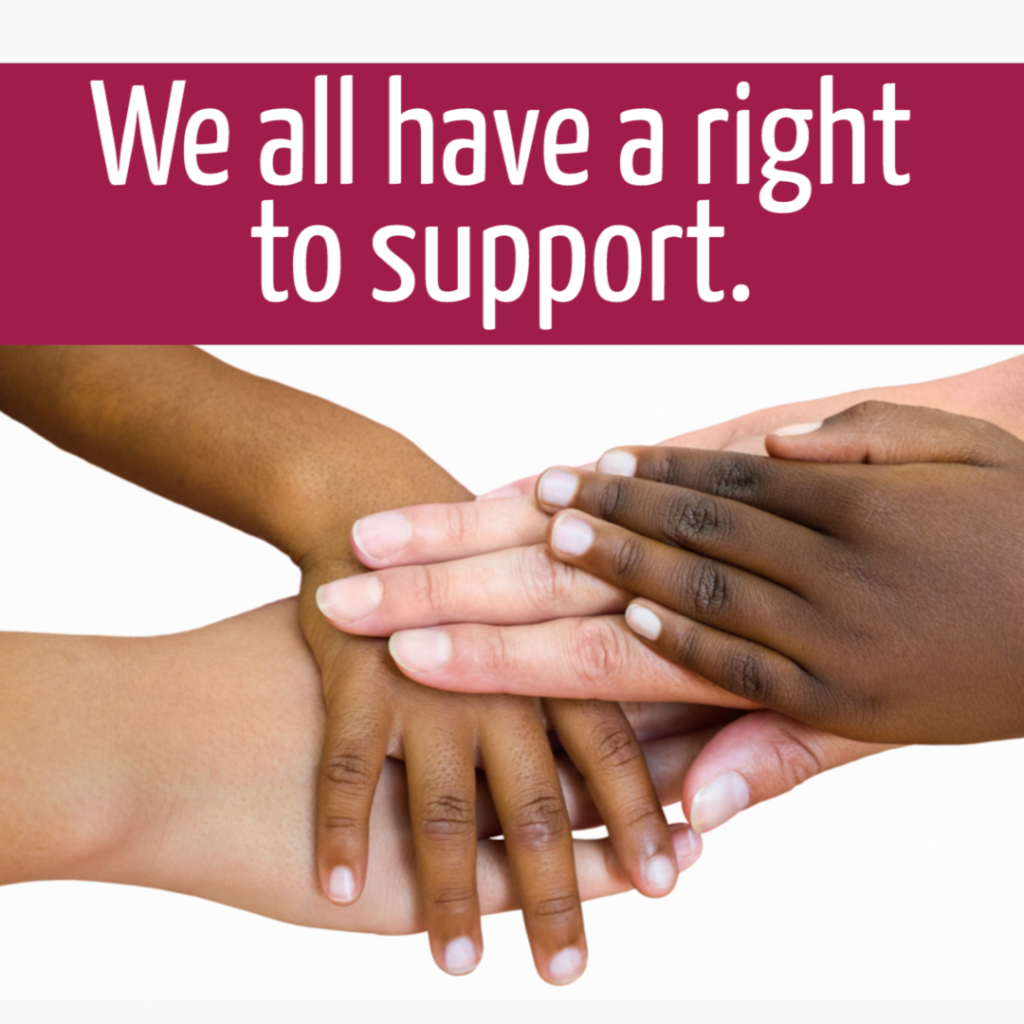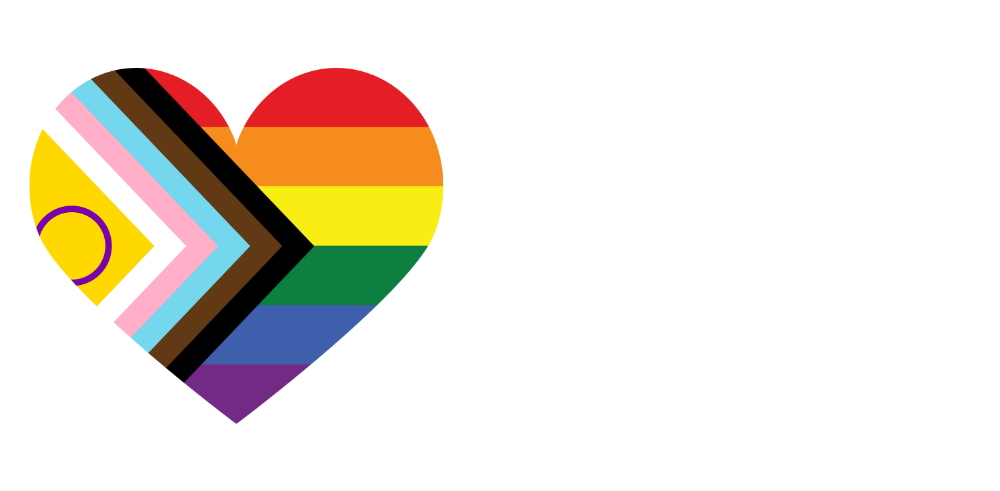
Alcohol, drugs and the LGBTQ+ community
Even though the majority of LGBTQ+ people do not use alcohol + drugs in a harmful way, there are understandable reasons why people may develop a harmful relationship with alcohol and drugs.
“When someone’s drunk or high, they can be a pain. But they may be in pain, which they’re trying to numb. Try not to judge.”
For some it’s drinking or using too much too often on nights out or in social situations. For others it’s a way to cope with challenging life circumstances, isolation, trauma or mental ill-health.
“Booze and other drugs can be a way to celebrate, liberate, self-medicate. But there’s a tipping point from recreation to self-harm. Learn to spot your own tipping point.”
Whatever the reason, no one should be judged or stigmatised for using alcohol or drugs. Similarly, you should not be judged or stigmatised if someone you love uses alcohol and drugs.
“Be kind to yourself. If you choose to get wasted, make sure you’re with a buddy you trust. Be sensible about where you get your supply. Remember if you’re already stupefied, you’re more likely to make mistakes.”

LGBTQ+ community Challenges
LGBTQ+ people face challenges and circumstances that cisgender and straight people don’t necessarily have to contend with. This can impact on the way some LGBTQ+ people use alcohol and drugs.
For example, LGBTQ+ people might face issues such as:
- Historic and ongoing inequality and discrimination (homophobia, biphobia or transphobia)
- Harassment, bullying or violence on the basis of gender identity or sexual orientation
- Rejection by family and friends
- Having to hide ones sexual orientation or gender identity from others (including from family)
- Misplaced shame about ones gender identity or sexual orientation brought on by homophobia/biphobia/transphobia (shame based trauma)
- Limited visibility of alcohol and drug free LGBTQ+ spaces or events
- Experiencing multiple intersecting forms of disadvantage or oppression (ie: experiencing homophobia/biphobia/transphobia and also experiencing racism, ableism, classism, sexism, etc).
Experiencing any of the above is tough and it’s important we are there for ourselves and each other.
“Be strong. Discover your own limits with drink and other drugs. Your limit could be different from your pals. Be brave enough to tell your pal if you think they’re going too far.”

You are not alone
Whether you are worried about your own drug and alcohol use or someone else’s, know that you are not alone.
There are services, supports and community groups that can be here for you if you need it.
“I wake up feeling ‘I had a great time last night’. When that changes to I wake up and can’t remember what I did last night, or I feel shame about what I can remember, or I’m crushed by my comedown and hangover… these are signals to talk to someone about my drug use and drinking.”
Check out the Where can I get help or support? section of the website here to find out more.
“There is help out there. Lesbian, gay, bi, trans, queer… we all have a right to support. If you’re worried about drinking or drug use, yourself or someone you care about – talk to someone.”
You might also want to find ways to connect with LGBTQ+ communities in spaces that aren’t drug and alcohol focused.
“I promise, you can have a good time without being off your face. If there’s too much drink and drugs on the scene for you, find another scene. There is life beyond the bars.”
Meet ups and Groups
There are an ever increasing number of ways for LGBTQ+ people to meet and socialise, and hopefully this will continue to expand!
These include:
- Meetup groups
- Coffee groups
- Movie nights
- Book groups
- Mental health groups
- Walking groups
- Sports groups
- Activist communities
You can check out LGBT Health and Wellbeing’s social event program here.
You can find out about LGBTQ+ sports clubs on the LEAP Sports website here.
You can also find lots of local events and groups in your area by searching on google and social media for what you’re looking for. Or you could even start one yourself. It’s amazing what you can find out there (seriously, trust us!).
